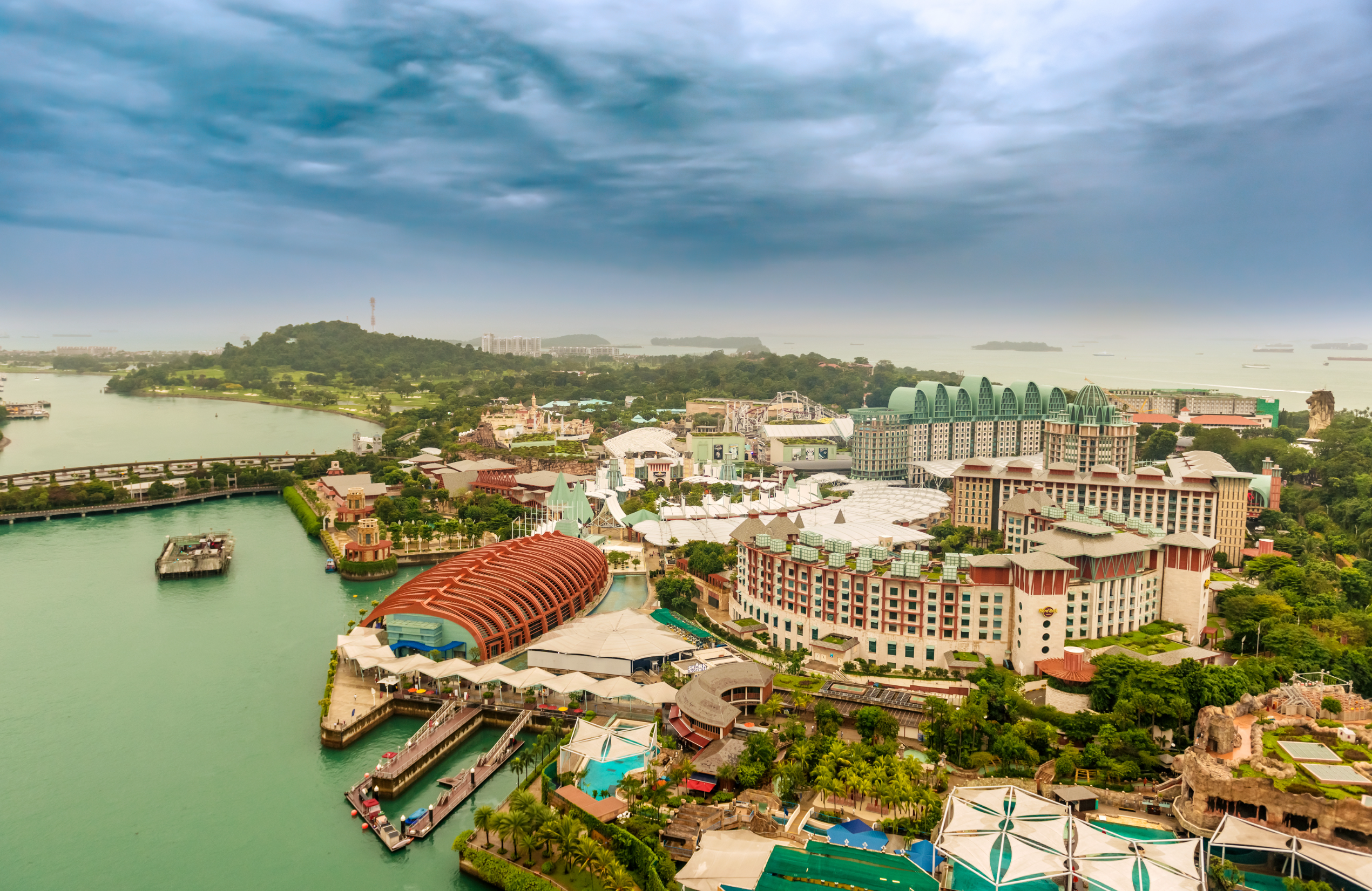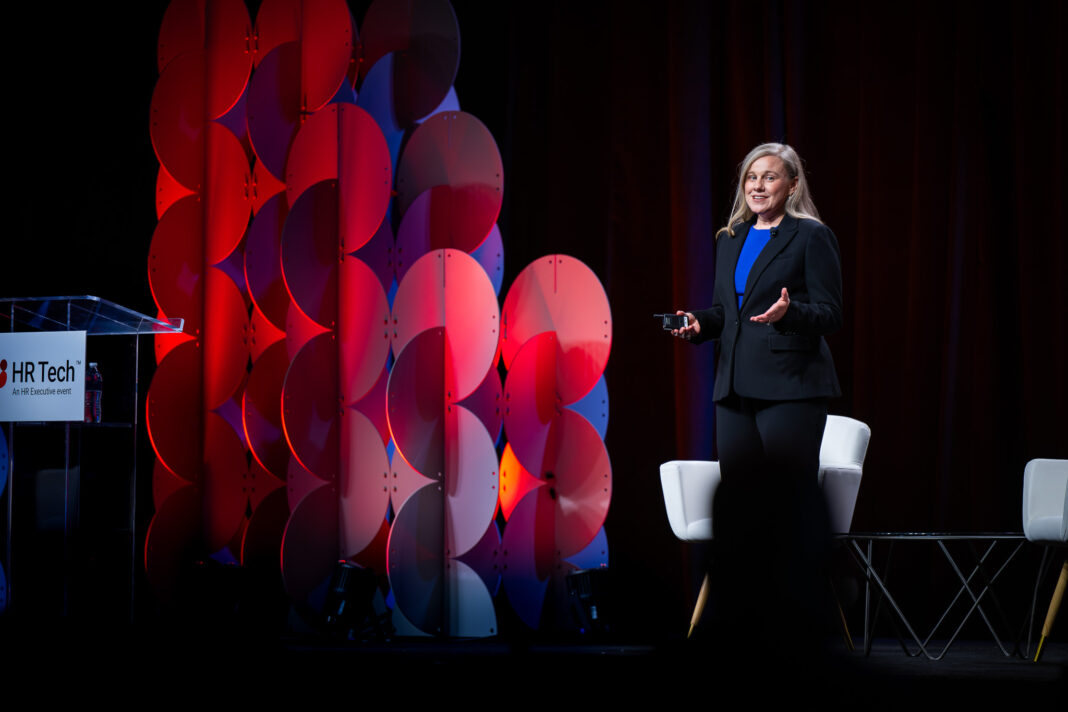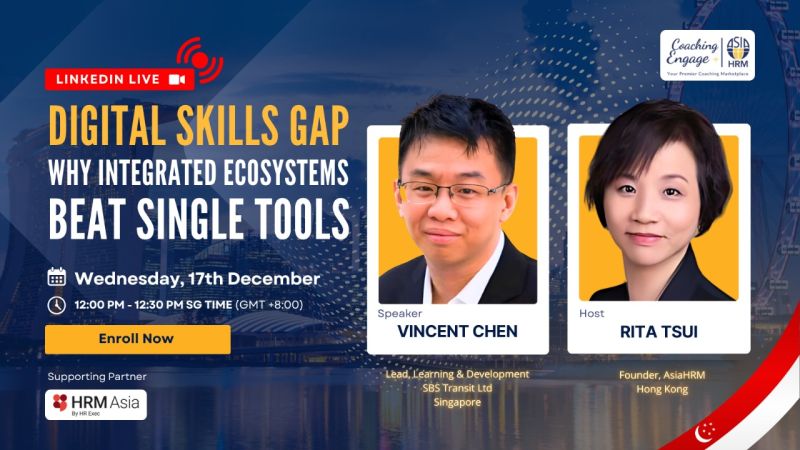How Singapore’s tourism industry is tackling labour shortages
- Josephine Tan

The global tourism industry is facing a challenging yet crucial dilemma: addressing labour shortages while meeting enhanced sustainability targets. In Singapore, where tourism is a vital economic driver, organisations navigate this complex landscape with innovative strategies that blend upskilling, sustainability, and technological advancements.
Resorts World Sentosa (RWS), an integrated resort on Sentosa Island, and SUTL, operator of ONE°15 Marina Sentosa Cove, are leading this transformation by introducing new roles and upskilling initiatives that prioritise environmental stewardship. With the climate crisis accelerating the demand for sustainable tourism, these organisations are aligning their workforce development strategies with the green agenda.
Shifting towards sustainable tourism
With tourism contributing significantly to global carbon emissions, sustainable tourism is no longer optional but necessary. RWS is leading the way with its comprehensive 2030 Sustainability Master Plan, which aligns with the Singapore Green Plan 2030. This ambitious blueprint focuses on seven pillars, including decarbonisation, greening infrastructure, and cultivating a future-ready workforce.
“Having achieved significant milestones in our sustainability journey, RWS witnessed in 2023 a 29% reduction in carbon emission intensity and energy consumption intensity, a 47% reduction in potable and NEWater consumption, and a 37% reduction in operational waste-to-landfill intensity, compared to our 2015 baseline,” an RWS spokesperson shared with HRM Asia. “Our sustainability goals have driven us to develop new skills and create new roles for our workforce within our operations.”
New positions that focus on sustainability are emerging, from property engineers involved in expanding the solar network to procurement roles overseeing responsible sourcing of local ingredients. “Nearly all the eggs we procure are now sourced from local farms, and our teams collaborate closely with suppliers to organise farm tours that provide insights into sustainable farming practices,” RWS noted.
For RWS, sustainability is integrated into every aspect of the guest experience. “Roles in visitor experience are evolving to incorporate sustainability through initiatives like our sustainability tours, which educate guests on environmental considerations that range from water and waste reduction, decarbonisation, energy efficiency, and support for local communities,” said the RWS spokesperson.
Upskilling in times of labour shortages
Addressing labour shortages in tourism is challenging, but organisations are finding solutions by investing in workforce upskilling and leveraging digital technologies. Jonathan Sit, Regional General Manager of SUTL, highlighted the growing demand for eco-friendly operations in the marina sector.
“We’ve seen increasing demand for sustainable tourism from both tourists and businesses, which has led to the creation of new roles such as sustainability officers, eco-tourism guides, and environmental consultants,” Sit told HRM Asia. These roles require understanding environmental stewardship, carbon management, and digital innovation.
Upskilling employees for roles with enhanced sustainability targets is a strategy also embraced by ONE°15 Marina Sentosa Cove Singapore; as Sit continued, “Upskilling employees for roles with enhanced sustainability targets is feasible and essential, especially during labour shortages. At ONE°15 Marina Sentosa Cove Singapore, we recognise the importance of equipping our employees with the necessary skills to meet these new demands.”
“Our strategy includes conducting a thorough analysis of our employees’ gaps in skills related to sustainability, maritime operations, and hospitality services. With this assessment, we will develop training programmes such as environmental regulations and best practices in sustainability, as well as maintaining and operating sustainable infrastructure and leadership skills focusing on sustainability and innovation. We also encourage employees to take specialised courses and green tourism certifications.”
Incorporating digital innovation has been another key strategy to reduce reliance on manpower and enhance productivity. RWS has embraced AI and digital technologies to streamline operations and support its sustainability efforts. Self-service kiosks and cashless payment systems have been deployed across the resort, allowing the workforce to concentrate on roles that directly contribute to sustainability goals.
RWS’ spokesperson added, “In line with our ongoing efforts to cultivate a culture of lifelong learning, we strive to upskill our employees by integrating on-the-job learning with targeted training resources to support our sustainability goals.”
Long-term workforce development
Both RWS and SUTL are committed to cultivating a culture of lifelong learning, ensuring that their employees are prepared for the present and equipped for the future.
In collaboration with the Sentosa Development Corporate (SDC) and NTUC LearningHub, RWS is actively involved in the One Sentosa Transformation and Equipping Platform (1-STEP) initiative. This three-year partnership will see approximately 15,000 employees across Sentosa upskill in customer experience, wellness, regenerative tourism, and sustainability.
READ MORE: Sentosa embarks on workforce transformation
Similarly, SUTL is embedding sustainability into its broader business strategy for the long term, as Sit concluded, “We’ve implemented flexible learning pathways that allow our employees to upskill while continuing to work. This includes a mix of online learning, on-the-job learning, and mentoring from sustainability experts.”
“By integrating these initiatives into our broader business strategy, we enhance our team’s capabilities and ensure that sustainability is embedded into every aspect of our operations. This dual focus on upskilling and sustainability enables us to meet our environmental goals while maintaining a high standard of service for our guests.”
For more news and analysis on the latest HR and workforce trends in Asia, subscribe to HRM Asia and be part of the region’s largest HR community!






